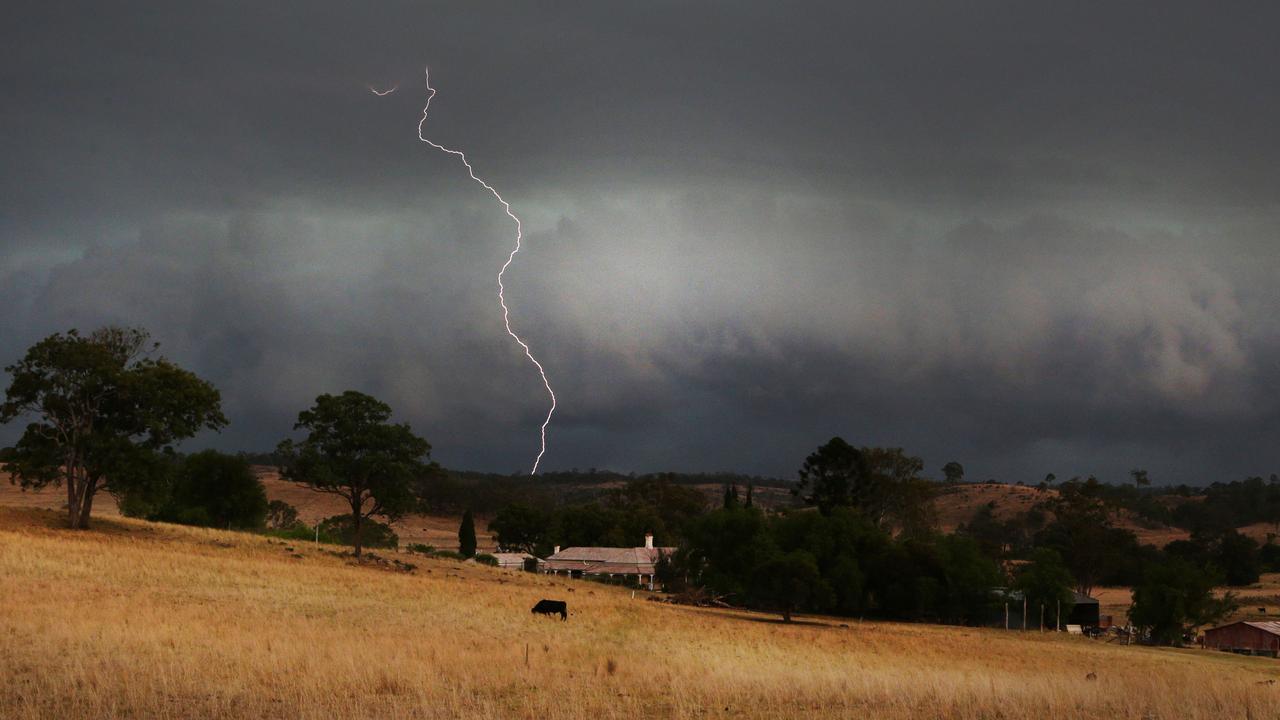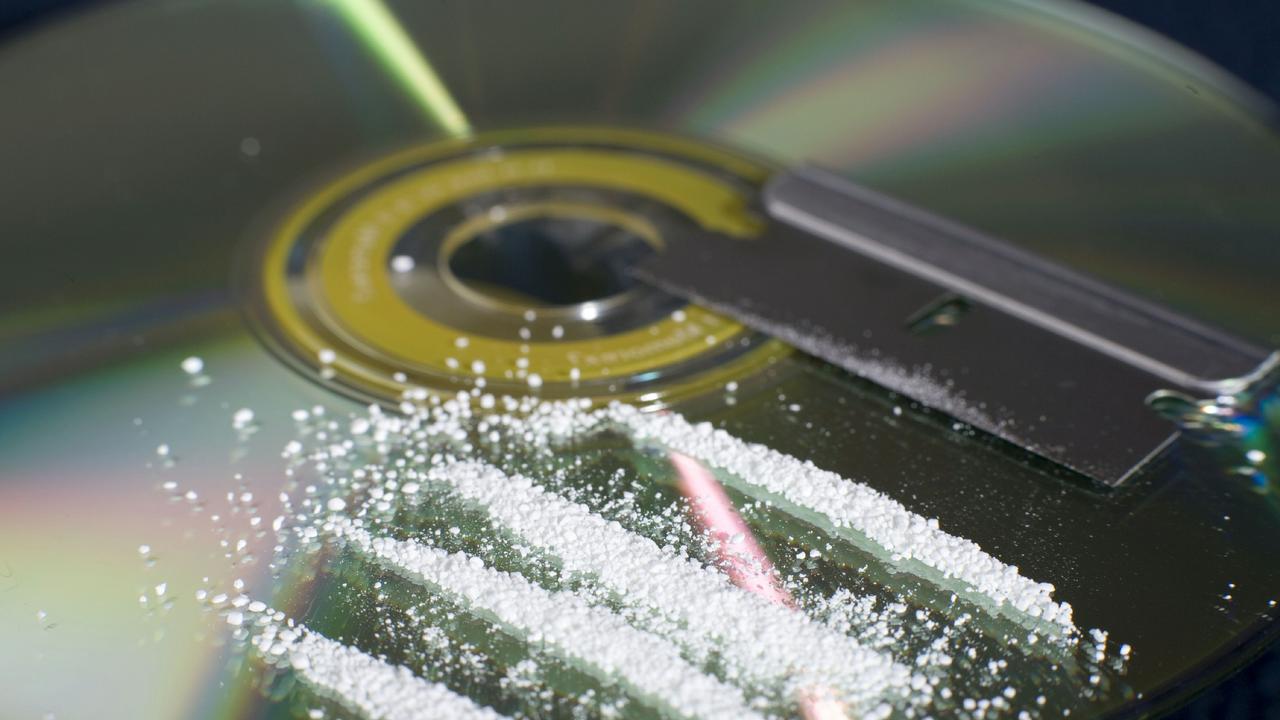Gladstone Regional Council hasn’t given up on winning war against salvinia
Salvinia infestation of Beaumont Park waterways provides mosquito breeding haven.
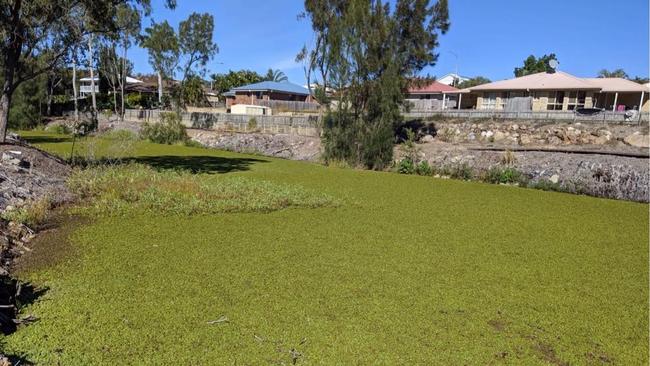
Gladstone
Don't miss out on the headlines from Gladstone. Followed categories will be added to My News.
A lack of significant rainfall has hindered the removal of the Biosecurity Act listed weed Salvinia, which is choking a Clinton waterway and providing a mosquito breeding haven.
This was the response from Gladstone Regional Council to questions from The Observer as residents continue to live with the Weed of National Significance in their neighbourhood.
A native of Brazil, Salvinia molesta is free-floating aquatic fern that rapidly multiplies to form dense mats on water surfaces which become a breeding haven for mosquitoes.
The Department of Agriculture and Fisheries Queensland lists Salvinia as a category three restricted, invasive plant under the Biosecurity Act 2014.
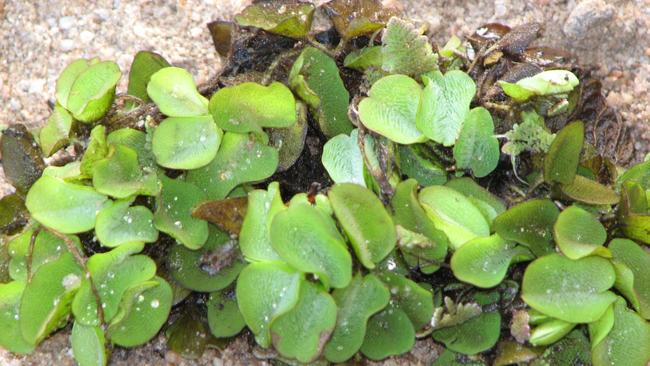
GREAT DEAL: $1 for the best local news, great rewards
It is suggested salvinia can thrive in local waterways when, unknowingly, people dispose of home aquariums by tipping water containing salvinia into drains and gutters.
The Observer has been reporting on Salvinia and its devastating impacts to waterways since at least 2013.
Following inquiries with council, Mrs Keating was advised a control program involving introducing weevils to eat the Salvinia was implemented in May 2020.
The issue continues to remain on the radar of council staff, with the last ‘attack’, by spraying the noxious weed, undertaken in the past fortnight, Mayor Matt Burnett confirmed.
Physical removal of the floating pest, that grows so rapidly it can double its weight in just days, can prove difficult, with the federal environment department warning it can weigh up to 400 tonnes per hectare, when wet.
Cr Burnett said the Salvinia at Clinton’s Beaumont Park was regularly monitored by council staff.
“Council’s Pest Management Team have continued to monitor and spray the area to treat the Salvinia,” Cr Burnett said.
“Currently, the water is not deep enough therefore the dead weed is not sinking nor being flushed out.”
How to activate free Courier Mail subscription
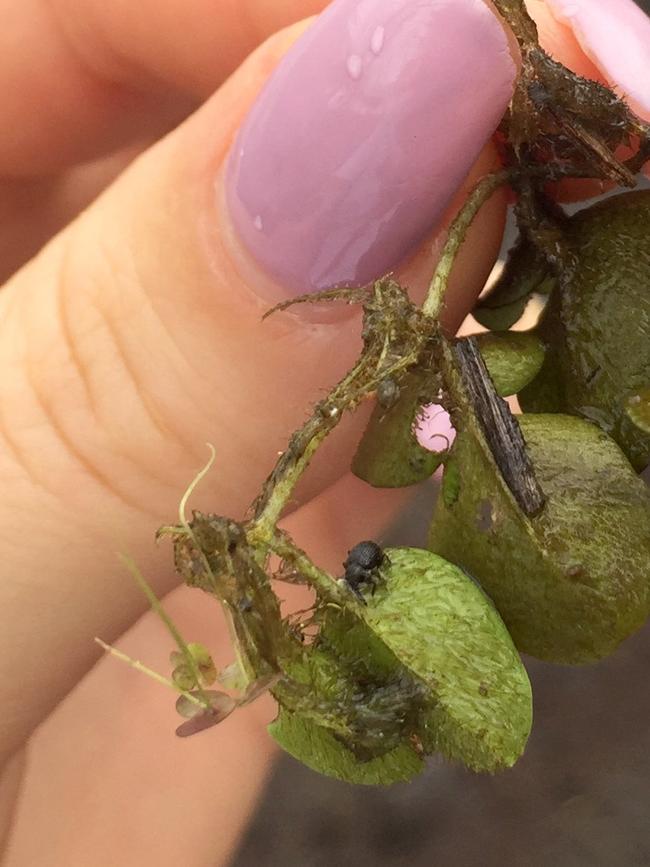
The last attempt to reduce the Salvinia was on February 25.
“Council’s Pest Management Team visit the site regularly, usually on a fortnightly basis, to check the progress and determine if more spraying can be done,” Cr Burnett said.
“This has to be done gradually so native species are not negatively impacted.
“Alternatives have been considered, however there are safety risks involved with manual removal such as people going into the water either on foot or in a boat or canoe to try to remove it.”
Cr Burnett said there was no practical ‘quick fix’ to remove the Salvinia.
“We have been controlling it, but unfortunately weeds are not a quick fix as they continue to germinate and when located in the water, they are hard to reach and unsafe for other methods of control or removal,” he said.
“There has not been significant rainfall therefore making the control process difficult and drawn out.”
Other stories
‘Devoted father’: Honouring the memory of CQ drowning victim
Iconic Gladstone hotel to get $500k refurbishment
How your CQ business can get up to $28k for every apprentice


